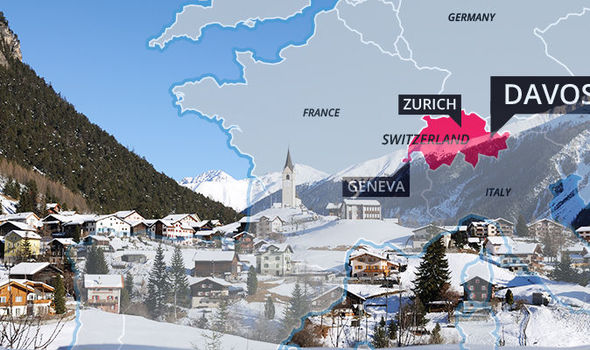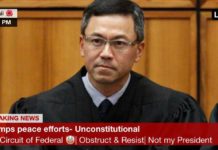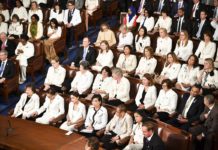Some people including myself find events like the World Economic Forum (WEF) meetings in Switzerland has unsettling undertones. The meetings are often times referred to as simply “Davos” which is the name of the mountain resort where the regularly scheduled meetings take place but the meetings also take place in other locations around the world. It is an event where some 2,500 of the world’s top political and industrial leaders attend and talk about how to make the world a better place. There seems to be universal agreement among that the participants that the world needs to be more integrated and standardized. The simple logic is that CEOs want to be able to sell to more markets without having to worry about differences in laws and regulations. Makes perfect sense from a CEO’s perspective and means more revenue and funding for the politicians and their respective governments.
The unsettling part of this global one-world equation is how to achieve such uniformity across the board. For many, the answer lies in an EU type regulatory and governmental regime where countries voluntarily surrender their sovereignty to a higher level of control from a pan-world government. From the lens of national identity and culture, does this really make sense? What happens to local sovereignty when the world government decides that your local way of doing agriculture, marketing, business and trade is in violation of world regulations and rules? For example, your local farmers are told to stop a certain farming practice or if your fishing industry is asked to curtail harvests of certain hatcheries within your own territorial waters because of rules made by politicians who have no understanding of your local practices or traditions.
To enforce its rules and regulations, any world government will have to form its own courts, police and perhaps even a military force. Again, this would give primacy of the world government over local laws, customs, and enforcement. An example of this aspiration is seen in which President of the European Commission, Jean-Claude Juncker proposed funding for a European Union (EU) standing army in the past and more recently proposed a new office for President of the EU as the head executive over all EU countries. Juncker himself was never elected by anyone outside of the EC and yet he is the one making rules for the EU countries to follow.
About WEF
Recognised in 2015 by the Swiss authorities as an “other international body” under Switzerland’s Host State Act 2007 (HSA, SR 192.12), its mission is cited as “committed to improving the state of the world by engaging business, political, academic, and other leaders of society to shape global, regional, and industry agendas”. The organization also convenes some six to eight regional meetings each year in locations across Africa, East Asia, and Latin America, and holds two further annual meetings in China, India and the United Arab Emirates. Beside meetings, the foundation produces a series of research reports and engages its members in sector-specific initiatives.
Often the Davos location alone is used to identify meetings, participation, and participants, with such phrases as “a Davos panel” and “Davos man” being used.























